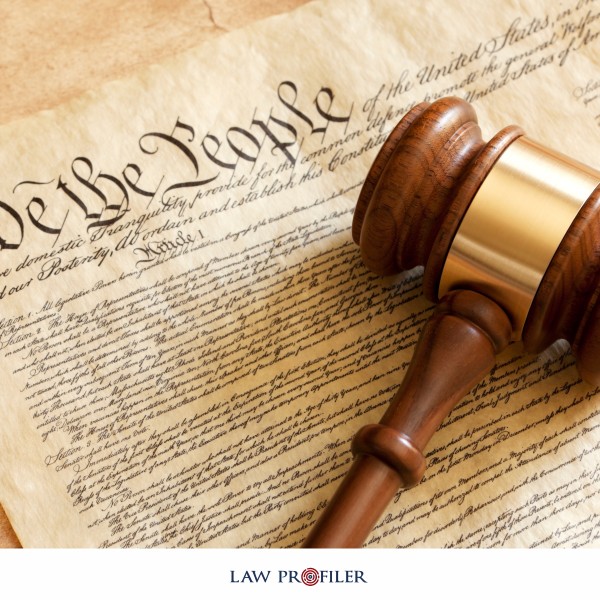
Harvard v. United States: A Constitutional Battle over Academic Freedom and Federal Funding by Lucien MAURIN
In April 2025, Harvard University filed a federal lawsuit challenging the U.S. government's decision to freeze billions in research funding. The dispute raises serious constitutional issues regarding academic freedom, free speech, and the federal government’s authority to impose ideological conditions on private universities.
Harvard alleges that the U.S. government conditioned the continuation of federal research funding on compliance with a set of far-reaching demands. These included mandates to restructure internal governance, abolish DEI (Diversity, Equity, and Inclusion) programs, and ensure "viewpoint diversity" in every department. The government also demanded Harvard terminate support for certain student groups and monitor foreign funding sources through quarterly audits.
These conditions were laid out in an April 11, 2025 letter from several federal agencies, threatening loss of all research funding if Harvard failed to comply. Harvard refused to yield, arguing that the demands amount to unlawful government control over academic content, hiring, and admissions. Just hours later, the government issued a Freeze Order, halting over $2.2 billion in grants and contracts.
Harvard immediately challenged the order, asserting violations of the First Amendment, Title VI of the Civil Rights Act, and the Administrative Procedure Act (APA).
The complaint argues that the government cannot use funding as leverage to force ideological conformity at a private university. It also claims that the freeze was retaliatory, occurring right after Harvard’s refusal to comply, thereby infringing on protected speech. Under Title VI, federal agencies must follow strict procedures—such as notice, voluntary compliance, and hearings—before cutting funds.
Harvard asserts that none of these procedures were followed, making the freeze legally invalid. The University also argues that the demands have no rational link to the stated goal of fighting antisemitism.
It highlights its own efforts: adopting the IHRA definition of antisemitism, launching disciplinary reforms, and creating a task force. Harvard insists that while antisemitism must be addressed, the government’s sweeping intervention is unconstitutional. The complaint emphasizes that academic freedom includes autonomy in choosing faculty, shaping curriculum, and managing internal governance.
It cites Supreme Court precedents affirming that educational institutions enjoy heightened First Amendment protections. The suit warns that the funding freeze will disrupt or terminate crucial research in medicine, space, AI, and national defense.
It also risks Harvard’s role as a global scientific leader and will damage public health, innovation, and economic development. Harvard underscores that research funded by the federal government serves the public good—not political agendas. The University claims the government’s actions are arbitrary and capricious under the APA, lacking factual justification or procedural fairness. The freeze has already led to stop-work orders, uncertainty for researchers, and risk of job losses. It has also triggered investigations and new threats from agencies like the IRS and DHS.
Harvard contends this is part of a larger campaign of retaliation for resisting federal ideological control. The University asks the court to invalidate the freeze, block enforcement of the April 11 conditions, and protect its constitutional rights.
It stresses that the issues at stake go beyond Harvard, touching on the core values of institutional independence and freedom of thought. The case thus becomes a landmark confrontation over the boundaries of federal power in higher education. Harvard is not seeking damages, but declaratory and injunctive relief to prevent irreparable harm. It positions itself as defending not just its own autonomy, but that of all private educational institutions. If the court rules in Harvard’s favor, it could set important precedent reinforcing limits on ideological interference by federal agencies.
The outcome may redefine the future relationship between government funding and academic liberty in American universities.
#harvard #complaint #trump #administration #lawsuit #lawprofiler #legal #recruitment #inhouse #associate #lawyer #lawfirm